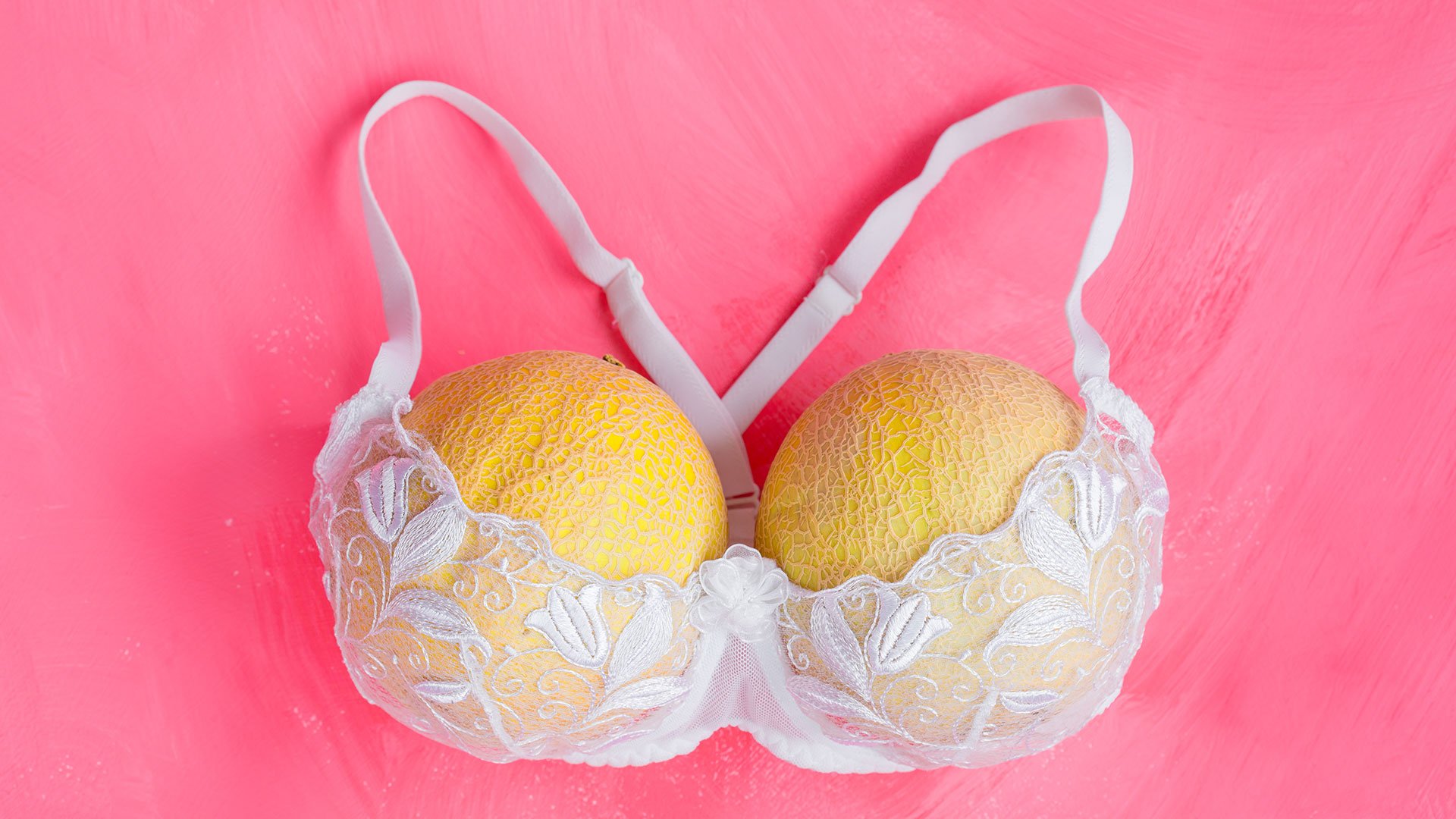

What to Eat, Drink + Do Regularly to Reduce Breast Cancer Risk

Q&A with Organizational Pro Peter Walsh + Dermatologist Shares A…

Actor Hank Azaria + Freezer Meals + Artichokes 2 Ways with Rach

See Inside Barbara Corcoran's Stunning NY Apartment + It's Steak…

How to Make Chicken and Lobster Piccata | Richard Blais

Donnie Wahlberg Spills Details About NKOTB's First Ever Conventi…

Donnie Wahlberg + Jenny McCarthy Say Rach Is Such a "Joy" + Look…

The Best Moments From 17 Seasons of the Show Will Make You Laugh…

How to Make Crabby Carbonara | Rachael Ray

Rach Chats "Firsts" In Flashback From Our First Episode Ever In …

How to Make Apple-Cider Braised Pork Chop Sandwiches with Onion …

Rach's Chef Pals Say Goodbye to Show in Surprise Video Message

How to Make Sesame Cookies | Buddy Valastro

How to Make Tortilla with Potatoes, Piquillo Peppers and Mancheg…

How to Make Shrimp Burgers | Jacques Pepin

How to Make Spanakopipasta | Rachael Ray

Andrew McCarthy Chokes Up Discussing Emotional Trip to Spain wit…

Celebrity Guests Send Farewell Messages After 17 Seasons of the …

Celebrity Guests Send Farewell Messages After 17 Seasons of the …

Andrew McCarthy Teases Upcoming "Brat Pack" Reunion Special

Michelle Obama Toasts Rach's 17 Years on the Air With a Heartfel…
When it comes to cancer, information is power. So, in honor of Breast Cancer Awareness Month, top breast cancer surgeon Dr. Kristi Funk is sharing the best ways to lower your breast cancer risk.
"I've got a four-pronged approach to beating breast cancer," says Dr. Kristi Funk. And she breaks down exactly what she means—tapping into the latest research.
1. Choose plant-based foods.
"A strategic side dish of a big salad or lots of grilled veggies even if you do have meat on the plate, is going to decrease inflammation and decrease growth factors that decreases cancer risk," Dr. Funk says.
"Even if you're a meat-eater and you love it, eating more plant-based foods is good for you and it's best for the planet, too," Rach adds.
"A study just published in June followed over 65,000 women for an average of 21 years and showed that eating a healthy plant-based diet may reduce the risk of breast cancer, whereas an unhealthy plant-based diet—so think, processed and high fat foods like cake, candy, and chips—actually had a 20 percent increase in breast cancer risk."
And Dr. Funk also shared that her food of the year is mushrooms because of the ways that they reduce breast cancer risk. "A meta-analysis showed an association between higher mushroom consumption and lower risk of cancer, particularly breast cancer."
"Shitake, maitake, and reishi mushrooms all have high antioxidant levels that are anti-cancer and anti-aging, but even the white button variety, which is in almost everyone’s produce department, has anti-estrogen properties that can prevent the growth of breast cancer cells," Dr. Funk explains.
And as far as how much you need to eat? It's nothing crazy—just a daily serving about the size of your thumb should be enough.
2. Exercise regularly.
"Exercise lowers estrogen, which is protective because 80 percent of all breast cancers are fueled by estrogen, so less of it is better. Exercise also lowers blood sugar levels, which means you have less insulin flying around telling the glucose where to go—and that's important because excess insulin causes inflammation, tells cancer cells to grow, and brings new blood supplies to cancer cells, a process called angiogenesis," says. Dr. Funk. So there's no question that excess insulin is something we want to avoid.
Exercise also promotes weight loss and boosts cancer-fighting immunity. And it doesn’t take much. "A study of 17,000 postmenopausal women showed that briskly walking for a mere 11 minutes a day reduced their breast cancer risk by 18 percent, compared to non-walkers. But to maximize health, work your way toward these goals. If it’s leisurely exercise, you want five hours a week; if it's super sweaty vigorous exercise, 2.5 hours a week."
3. Limit alcohol.
"Unfortunately for my drinkers out there, when it comes to breast cancer, the science is clear: The less you drink, the lower your risk. For each drink consumed per day, breast cancer risk goes up by 7 percent for premenopausal women and 13 percent for postmenopausal women. However, if you choose to drink, the American Cancer Society guidelines advise no more than one drink a day for women and two a day for men," explains Dr. Funk.
Dr. Funk has one compromise. "Of all the alcohols, red wine is the one that has some redemptive qualities. There is estrogen lowering capabilities and also the antioxidant resveratrol, which you can get from the skin of red grapes or blueberries."
4. Maintain a healthy weight—specifically try to maintain your weight.
"A study from this year showed if you were lean at age 20, and gain around 20 pounds overtime, breast cancer risk goes up 42 percent. But, the good news is, [if] you lose the weight, you lose the risk."


